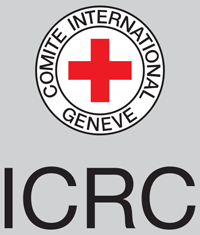ISLAMABAD
Food aid has been distributed to half those badly affected by last week's flash floods in the northwestern Afghan province of Badghis, an aid worker for the International Committee for the Red Cross (ICRC), told IRIN on Tuesday. "We know that there may be some people stuck in more remote areas, but those who are visible and have lost everything in the area have been reached," the communications coordinator for ICRC, Jean Pascal Moret, said in the Pakistani capital, Islamabad.
A total of six deaths have been confirmed following the heavy flooding in the Qaleh-ye Now area of Badghis. "Most of the bazar was washed away, and extensive damage has also been caused to land," Moret explained.
However, a further 50 to 70 mt of food supplies were needed to meet the needs of local people, and there was also an urgent need for seeds as recent planting had been destroyed by the heavy rains, the UN said.
Of the 3,000 people affected by the adverse weather in the Qaleh-ye Now area, 1,745 have already received supplies, including enough food and water to last two weeks, along with blankets, according to the UN. Aid workers are now identifying other needy families.
Those left homeless were living with friends, relatives or neighbours, and tents had not been requested yet. Three main roads were destroyed in the area and were being repaired to ensure they were accessible to returnees. Although the water system had been heavily damaged, some Afghans were able to access supplies. "We have repaired the water system," Moret added.
The flooding, which took place between 21 and 22 April, caused considerable damage to homes, land and animals after the local river overflowed into the town, forcing people to be evacuated. A truck carrying 11 families was swept away along with their belongings, but luckily no one was injured. Aid agencies are working with local authorities to continue clearing the area and identifying the vulnerable.
This article was produced by IRIN News while it was part of the United Nations Office for the Coordination of Humanitarian Affairs. Please send queries on copyright or liability to the UN. For more information: https://shop.un.org/rights-permissions





